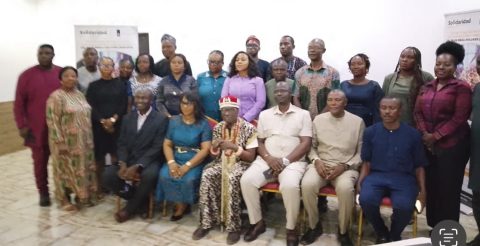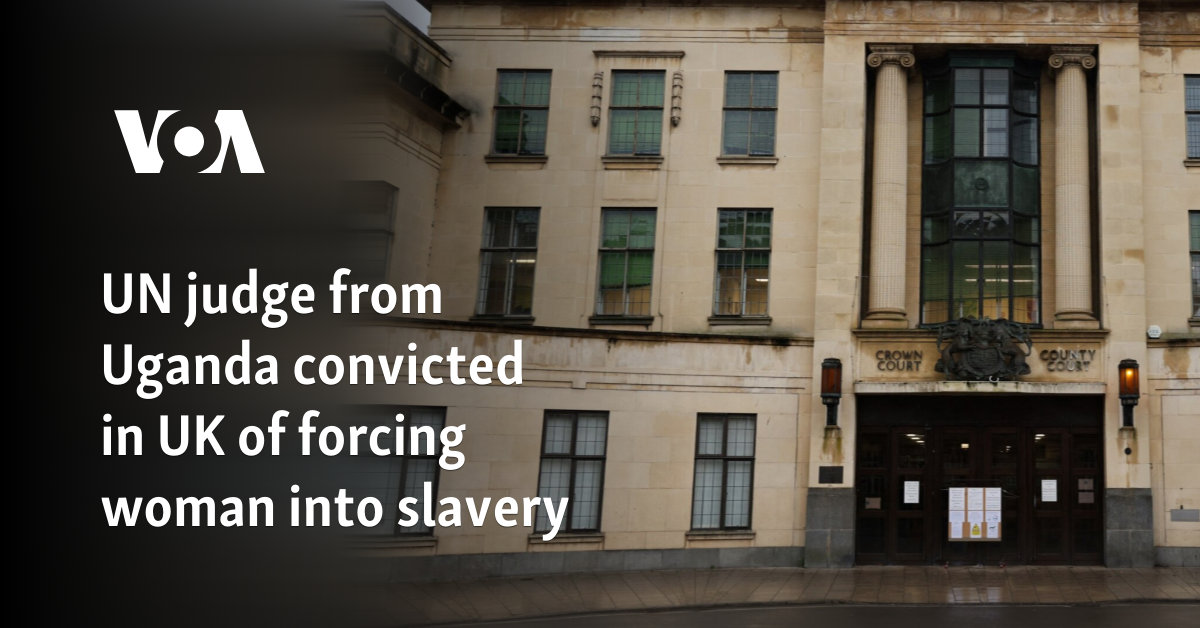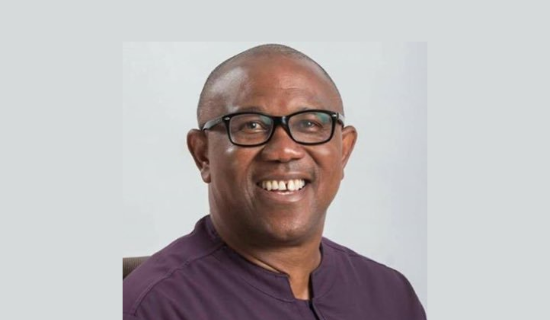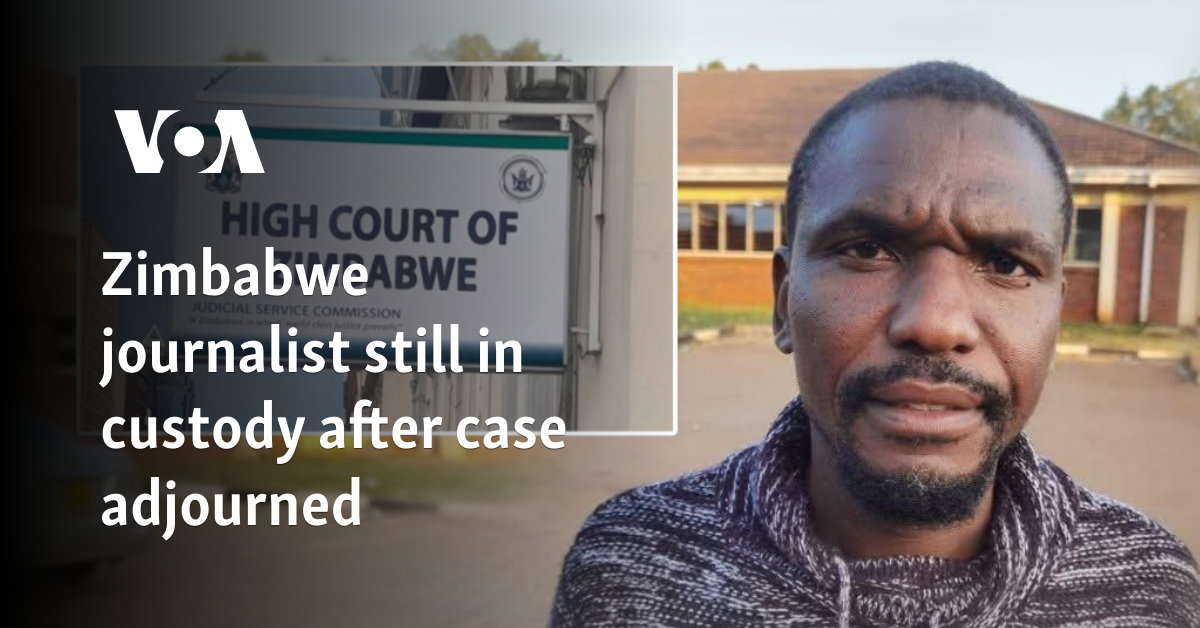Best Practices: Solidaridad Inaugurates Palm Oil Traceability Inter-Ministerial Committee
ARTICLE AD BOX
Posted by Ignatius Okpara
Featured, Latest Headlines, News Across Nigeria
Thursday, March 13th, 2025

(AFRICAN EXAMINER) – As part of its efforts in promoting oil palm production across the globe, including Nigeria, Enugu state in particular, in line with global best practices, Solidaridad West Africa, an international Civil Society group has inaugurated the Enugu state Palm Oil traceability Inter-ministerial Committee.
According to the organization, the Committee is to initiate a legal framework for palm oil traceability, just as it is building the capacity of the farmers for sustainable production for the local and foreign market dynamics.
The organization said she strongly believed that the Committee would play a crucial role in promoting transparency and accountability in the oil palm industry in the state.
It’s in line with the National Initiatives for Sustainable and Climate-Smart Oil Palm Smallholders (NISCOPS), and the inter-ministerial committee comprises the ministries of Agriculture, Environment, Trade and Investment, as well as federal government agencies such as the Forestry Commission.
Others are, the UN REDD+, the Standards Organization of Nigeria (SON), the Nigeria Customs Service, and the National Agency for Food and Drug Administration and Control (NAFDAC).
Speaking during the inauguration in Enugu, Solidaridad programme Manager, Oil palm, Mr. Kene Onukwube, explained that “establishing oil palm traceability in Nigeria is not just a matter of compliance or marketing; it is essential for fostering sustainable agricultural practices, enhancing economic opportunities, ensuring quality, and building consumer trust.
He added that “by adopting effective traceability measures, Nigeria can significantly enhance its oil palm industry while also contributing to environmental sustainability and social equity.
“The target is to galvanize the efforts of these government ministries and agencies for an effective oil palm traceability system for the country.
Onukwube, stated further that Solidaridad is seeking collaboration with relevant stakeholders to enable smallholder oil palm farmers to close the traceability gap in the oil palm sector in Nigeria.
He averred that for an effective palm oil traceability system in Nigeria, new ways of collaboration that foster transparency and accountability within the supply chain, and which ensures that palm oil production is inclusive, and adheres to sustainable and ethical standards is crucial.
“To achieve this, Solidaridad is mobilizing all stakeholders towards developing a traceability system that not only enhances market access for small holders by meeting international compliance requirements, but also attracts investment opportunities, thereby promoting an inclusive market-based model that benefits all stakeholders involved,”.
“The recent traceability requirement of the European Union Deforestation Regulation (EUDR) requires commodities to be provided with geographic coordinates showing the plots of land where they were produced or harvested.
“Products not meeting traceability requirements may not be placed on the EU market or exported. In the last six years, Solidaridad under the National Initiatives for Sustainable and Climate Smart Oil Palm Smallholder has supported more than 4500 farmers in Nigeria to practice climate-smart agriculture and sustainable land use.
“The programme also supported the intensification of present oil palm holdings through the practice of best management practices, this has discouraged smallholder oil palm farmers from cultivating primary or secondary forests proximate to smallholder oil palm holdings in the four states participating in the programme.
“For the sustainability of the programme in participating communities, Solidaridad initiated the oil palm Multi-Stakeholder Platform at the local government of each of the states.
He disclosed that the platform includes traditional and religious leaders, civil society organizations, and heads of the Department of Agriculture of the local government areas.
“This structure serves as an oil palm governance system at the community level, supporting sustainable practices along the oil palm value chain.
“While the farmers are now producing sustainably, Solidaridad is also making efforts to legalize this practice through a government policy.
“With over 80 per cent of palm oil production in Nigeria coming from smallholder farmers, Solidaridad is supporting government agencies to initiate a legal framework for palm oil traceability while building the capacity of these farmers for sustainable production for the local and foreign market dynamics.
“This initiative aims to ensure sustainable productivity that aligns with market demands.
He said “To facilitate this, Solidaridad engages relevant government ministries and agencies in an advocacy to increase awareness of deforestation-free palm oil production in Nigeria.
“To achieve this, Solidaridad is mobilizing all stakeholders towards developing a traceability system that not only enhances market access for smallholders by meeting international compliance requirements but also attracts investment opportunities, thereby promoting an inclusive market-based model that benefits all stakeholders involved,”
“In the last six years, Solidaridad under the National Initiatives for Sustainable and Climate Smart Oil Palm Smallholder has supported more than 4500 farmers in Nigeria to practice climate-smart agriculture and sustainable land use.
The programme also supported the intensification of present oil palm holdings through the practice of best management practices, this has discouraged smallholder oil palm farmers from cultivating primary or secondary forests proximate to smallholder oil palm holdings in the four states participating in the programme.
He hinted that for the sustainability of the programme in participating communities, Solidaridad initiated the oil palm Multi-Stakeholder Platform at the local government of each of the states.
“The platform includes traditional and religious leaders, civil society organizations, and heads of the Department of Agriculture of the local government areas.
” This structure serves as an oil palm governance system at the community level, supporting sustainable practices along the oil palm value chain.
“While the farmers are now producing sustainably, Solidaridad is also making efforts to legalize this practice through a government policy.
Inaugurating the Committee, the state Commissioner for Agriculture Agro Allied Industrialization, Hon. Patrick Nwabueze Ugwu, represented by Dr. Edward Isiwu, the state programme Coordinator, international Fund for Agriculture Development IFAD and Value Chain Development programme VCDP, urged the members to take their assignment very seriously.
He, however, lend his voice to that of the Permanent Secretary in the ministry, Mr. Victor Ngwu, in appreciating Solidaridad for the robust partnership with the Enugu state government over the years, saying the governor Peter Mbah led administration places high premium on issues concerning Agriculture.
Participants at the event commended Solidaridad for the good job the agency is doing in Enugu state and the country at large in the area of Agriculture.
Short URL: https://www.africanexaminer.com/?p=101364


 2 weeks ago
35
2 weeks ago
35
























.jpg)



.jpg)
.jpg)









 English (US)
English (US)